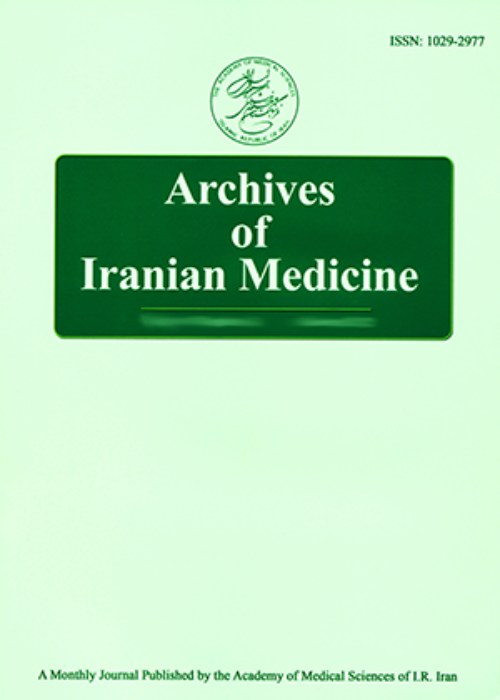Diet Quality and Subsequent Incidence of Upper Gastrointestinal Cancers: Results from the Golestan Cohort Study
Majid Namaki , Maryam Hashemian , Abbas Arj , Hossein Poustchi , Gholamreza Roshandel , Amir Hossein Loghman , Sadaf G. Sepanlou , Akram Pourshams , Masoud Khoshnia , Abdolsamad Gharavi , Nafiseh Abdolahi , Sima Besharat , Azita Hekmatdoost , Paul Brennan , Sanford M. Dawsey , Farin Kamangar , Paolo Boffetta , Christian C. Abnet , Reza Malekzadeh* , Mahdi Sheikh
Recent evidence suggests overall diet quality, as assessed by dietary scores, may play a role in the development of upper gastrointestinal (UGI) cancers. However, the existing dietary scores are derived from high-income countries with different dietary habits than regions with the highest burden of UGI cancers, where limited data is available. This study aimed to investigate the association between overall diet quality and risk of esophageal and stomach cancers in a high-risk region for UGI cancers.
We recruited 50 045 individuals aged 40-75 between 2004-2008 from northeastern Iran and followed them annually through July 2020. Data on demographics, diet, and various exposures were collected using validated questionnaires. Diet quality was assessed by calculating the Healthy Eating Index (HEI), Alternative Healthy Eating Index (AHEI), Alternative Mediterranean Diet (AMED), Dietary Approaches to Stop Hypertension (DASH), and World Cancer Research Fund–American Institute for Cancer Research (WCRF-AICR) scores.
During an average 12 years of follow-up, 359 participants developed esophageal cancer and 358 developed stomach cancer. After adjustments, each standard deviation increase in baseline dietary scores was associated with up to 12% reduction in esophageal cancer risk and up to 17% reduction in stomach cancer risk. Esophageal cancer showed stronger inverse associations with adherence to AMED (HRQ4-vs-Q1 = 0.69 (0.49–0.98), P-trend = 0.038). Stomach cancer showed stronger inverse correlation with WCRF-AICR (HRQ4-vs-Q1 = 0.58 (0.41–0.83), P-trend = 0.004), and DASH (HRC4-vs-C1 = 0.72 (0.54–0.96), P-trend = 0.041). These associations were comparable across different population subgroups. We did not observe significant associations between HEI and AHEI scores and UGI cancers in this population.
Despite the differences in consuming individual food groups, adherence to the available dietary recommendations (derived from high-income countries) was associated with lower risk for subsequent esophageal and gastric cancers in this high-risk population. Educating the public to have a healthy eating pattern might be an effective strategy towards prevention of UGI cancers in high-risk regions.
Diet , Digestive , Epidemiology , Malignancies , Nutrition
- حق عضویت دریافتی صرف حمایت از نشریات عضو و نگهداری، تکمیل و توسعه مگیران میشود.
- پرداخت حق اشتراک و دانلود مقالات اجازه بازنشر آن در سایر رسانههای چاپی و دیجیتال را به کاربر نمیدهد.


